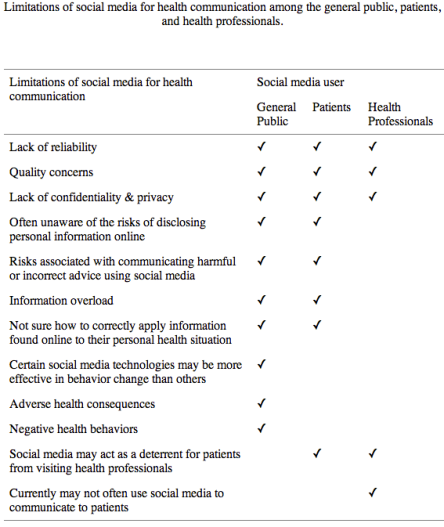A year (almost to the date) has passed since my last blog post. How did time pass so quickly?* And how in the world do I get started on this blog again? Following developments in public health science communication and social media for science communication mostly from the sideline, how will I know what’s the latest development? Am I up to speed to write about this topic?
The battlefield of Facebook
And then this weekend as I was flipping through the latest issue of the magazine of my Danish work association DJOEF, I came across this headline: “Forskerfejde på Facebook” (trans. Researcher fight on Facebook). A short article about Facebook as a place where researchers who dare to put themselves and their research out there are bullied and criticized and how social media is a big challenge for people working in academia. Although I agree that Facebook and other social media in some ways represent a challenge for the academic world, I was sad to see that we in Denmark apparently still are at level were social media is regarded only as a challenge and not as an opportunity for science and science communication.
 The article is in Danish but the illustration of the article is universal and very much covers the focus of the article: Social media is a fora for heavy criticism, for fights, bullying, hitting each other in the head and the researcher who enters the world of Facebook need to have tough skin and be prepared to be hammered by both their peers and the public. The rules of the game of are different. Social media have altered the premises for how scientific results can be discussed, is a key message in the article.
The article is in Danish but the illustration of the article is universal and very much covers the focus of the article: Social media is a fora for heavy criticism, for fights, bullying, hitting each other in the head and the researcher who enters the world of Facebook need to have tough skin and be prepared to be hammered by both their peers and the public. The rules of the game of are different. Social media have altered the premises for how scientific results can be discussed, is a key message in the article.
Focusing on the negative sides
Although short, the article is supported by a few cases of scientists fighting over Facebook. There are even a couple of researchers calling out for keeping discussions to the already existing academic circles and journals. But is this really a telling picture of how social media is used and the consequences they have in the Danish academic world today. I know the answer is no. So why, do I ask myself, why did the journalist not bother to find a positive case story as well or why didn’t he broaden out the focus from just Denmark to also look at international experiences and trends in using social media? At least just make a small mention of it. Yes, conflicts and dramas make good stories, but I think it is misleading only to portray the battles and disagreement and argue that only researchers with tough skin can successfully use social media.
Compulsory science communication education
The article confirms me in the fact that we still have a long way to go in taking in social media in science communication in Denmark. Much progress has been made over the last year for sure, but still I feel a dominating skepticism towards using these open interactive media in science. As is rightly pointed out by a specialist in social media from University of Roskilde and quoted in the article, we can only expect social media to play a larger and larger role in the scientific debate. Being in agreement with this, I really hope that science communication education and training, including using social media in the research process, could be made compulsory for all university students. Social media have so much potential for science communication that it would be a shame if all researchers who do not feel their skin is ‘tough enough’ would refrain from using it.
I’m back
So with this sad reassurance that there is still a lot to do on science communication and social media and lots of experiences to harvest from the world, I am happy to take up this blog again and explore, comment, recommend, learn and share with all of you what I find.
.
*answer: a lovely little girl came in the way







 d I perhaps borrow Hermione’s time turner next week and thus be able to travel back in time? Both would be great solution to this small problem I have. Next week, I’m attending the
d I perhaps borrow Hermione’s time turner next week and thus be able to travel back in time? Both would be great solution to this small problem I have. Next week, I’m attending the 



